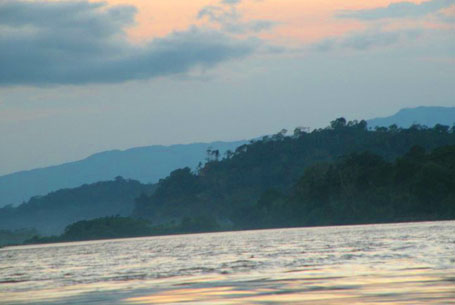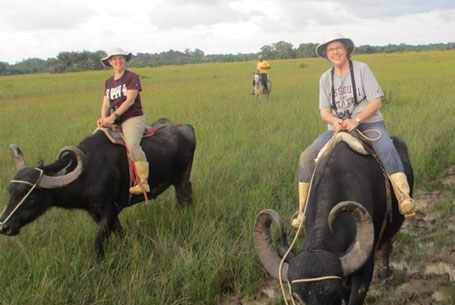Courses
Ornithology
Taxonomy, distribution, life histories and ecology of birds with an emphasis on Missouri forms.
Learn MoreEnvironmental Education and Interpretation
Discussion of environmental issues, practical experiences in teaching environmental concepts, and awareness of environmental resource materials for the formal and nonformal educational setting.
Learn MoreOzarks Natural Communities
Examination of forests, glades, and aquatic habitats with focus on environmental issues in the Ozarks.
Learn MoreIntro to Science Teaching and Research
Topics in the course include the nature of science, scientific inquiry and research in the sciences.
Learn More
